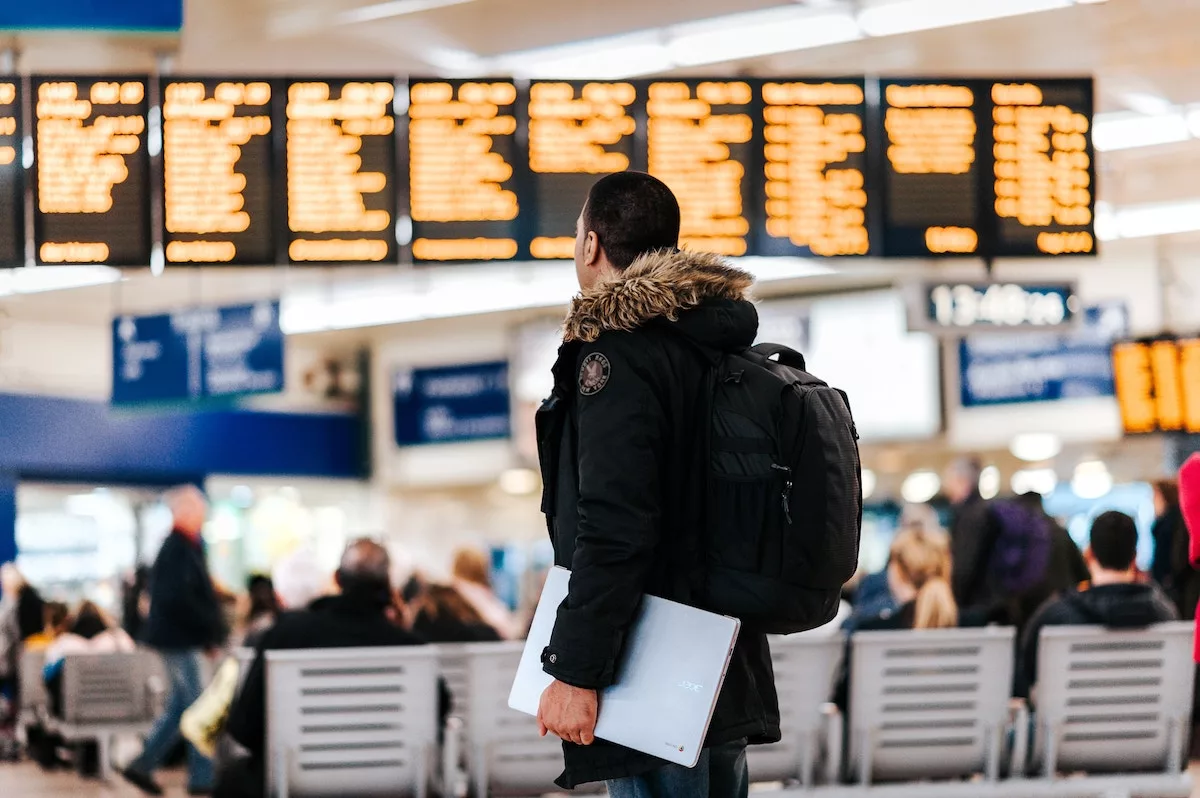Conscious business travelers will certainly want to reduce their carbon footprint, limit waste, and up their recycling efforts. But when it comes to travel, sustainability means so much more than that. It’s also about how we impact the human ecosystem. The tourism industry is responsible for 1 in 11 jobs globally. The way we travel can have a huge impact on local economies, particularly those that rely heavily on tourism. It’s not enough to simply pass through a place. If we aren’t careful, we can hurt — not help — the host economy.
An estimated 1.5 billion people are expected to travel each year by 2020, and these numbers represent a tremendous opportunity for good. In order to capitalize on those opportunities, however, your business travel will require some forethought and planning. Here’s how to take your next trip responsibly.
1. Invest in the local economy
One of the best ways to positively impact the destinations you visit is by spending your tourism dollars to benefit the local economy. Booking a family-owned hotel or choosing to stay at an Airbnb both bolster the host economy. Likewise, dining at mom-and-pop restaurants and choosing locally-owned souvenir shops also pump money back into the local economy and keep the indigenous employed.
2. Stay in a sustainable hotel
Business travel is going greener. Many corporations now have booking policies that require traveling employees to stay in sustainable hotels. But be wary of hotels that slap on eco-friendly or green labels simply for marketing purposes. Greenwashing isn’t obvious upon first glance, but a little investigative scrutiny can shed some light. Peruse the hotel’s website. Does the company talk in detail about what it’s doing? Accommodations that are genuinely interested in being sustainable will only be too eager to talk about it. Still not sure? Contact the hotel, and see what efforts make it a sustainable one.
3. Conserve
Waste happens most often due to lack of planning. Even small cutbacks can make big waves, especially when it comes to conserving water. Water is a limited resource in many parts of the world, and taxing the sewage system can lead to ground water contaminations in some cases. Simply having your room serviced less often and reusing your towels and sheets can dramatically diminish how many times the hotel needs to use water-sucking washing machines and electric dryers.
4. Walk or bike when you can
One of the main complaints of business travel is lack of exercise and the sedentary nature of long meetings. Walking or biking is not only an effective way to reduce your carbon footprint, but it promotes circulation as well.
5. Fly consciously
Carbon dioxide emissions from planes are one of the fastest growing contributions to global warming. While eliminating flying isn’t a realistic option for most business travelers, the way you fly can have an impact on our environment.
It goes without saying that you should avoid private jets. But also try to avoid taking internal flights when possible by using alternative modes of transportation. Taking the train, for instance, is a much more sustainable option when traveling between two nearby states or countries. Not only does train travel generate just an eighth of the emissions of planes by some estimates, but it’s also a great way to take in the scenic view. If time is of utmost concern to you, fly direct. Takeoffs and landings generate a significant part of the total emissions per flight.
6. Extend your business trip into a family vacation
Another way we can lesson flight emissions is by combining business trips with family vacations, thus taking fewer flights. If your next business meeting is in a destination that piques your interest, consider extending your stay and turning it into a leisurely one.
7. Research local customs, practices and laws
Understanding the social mores and religious practices of a new destination is just good etiquette. Extending proper respect is the most basic of all socially responsible roles a traveler can adopt. Learning a few key phrases in the local language and having some background knowledge about the place you visit can enhance the quality of conversations with locals as well.
When it comes to business travel in particular, investing time to understand the local culture could mean the difference between striking a deal or not, appealing to the local market or not, and leaving a positive brand impression or not.
The bottom line
Not surprisingly, there’s been an uptick in bookings with tour companies by business travelers, the New York Times reports. One client of Context Travel, an American expert-led tour company, said they felt they could better “accelerate” their conversations with international counterparts if they traveled to meet them. With business travel being as limited as it usually is, minimizing the initial awkwardness can help business travelers make the most of their experience professionally, personally, and socially—meaning foresight and responsibility can go a long way.






